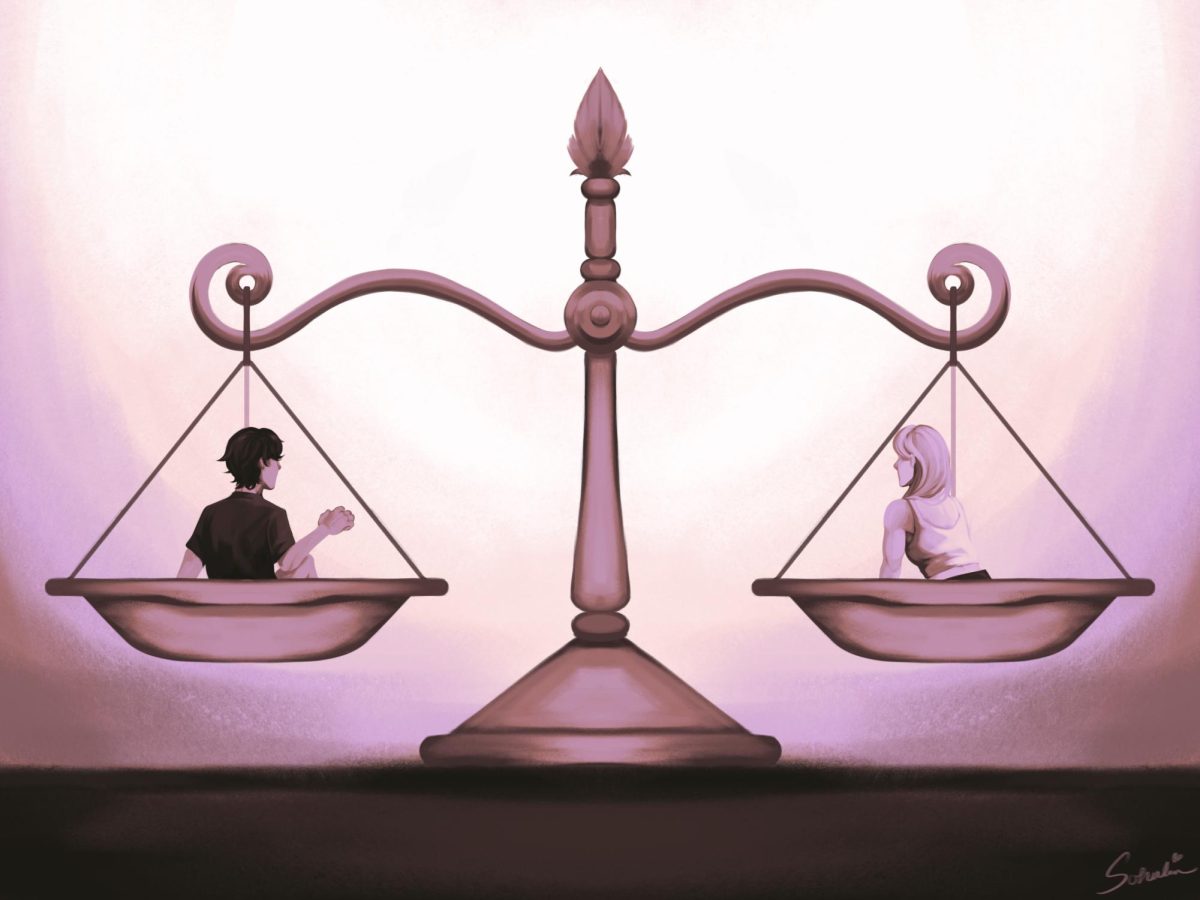By Corrina Taylor
Staff Writer
Millions of Americans are directly affected by the recession, even though things are looking up people are still without jobs and are in debt. The source of the problem is our nation’s $16.4 trillion debt.
For many politicians, the obvious solution seems to be raising taxes. Politicians pose the question, “while we are taxing more, why don’t we heavily tax the ‘bad things?’” The hope of this “Sin Tax” is that Americans will be discouraged from their vices by the increasing prices.
The government gets more money and citizens will realize the error of their ways and quit purchasing “sinful” items such as alcohol, cigarettes and gas. Yes, using gas is considered to be a sin now.
As of 2013, 30 states have cigarette tax rates of $1 per pack or higher. The highest tax rate in the country goes to New York with a tax rate of $5.85 per pack, while Texas has a rate of $1.41 per pack. Do smoking citizens deserve this increase of tax?
Some may argue they deserve it because smoking is bad, but when did it become the government’s place to tell us what is “sinful?” What about the taxes on gas? Do people deserve to pay more for using a necessity such as gas? The excise tax in Texas is an additional 20 cents per gallon.
Minimum wage is $7.25, while the average American household will spend $4,155 on gas this year. A minimum wage household will make about $14,500 gross income assuming they work 40 hours a week. This means they will likely spend around 33 percent of their income on gas. This is unacceptable.
Sin taxes are not progressive (a tax that increases as your earnings increase, so people are taxed based off of their incomes). They are a flat rate. If someone from the upper class were to buy a sin tax item, they would not be as affected as individuals in the middle and lower classes.
Low-income Americans, the largest consumers of sin taxed products, are already being hit the hardest by this recession. Now we are adding on sin taxes to make matters worse. Other taxes are better about distributing the heavier load on the upper classes so the lower classes are not bombarded with expenses. However, the sin taxes make no effort to relieve the lower classes – seemingly targeting them.
Do these taxes even make a difference in consumption of “sinful” items? Twelve percent of smokers making $90,000 annually deal with the trivial expense of the added taxes, but the 53 percent of smokers that make less than $36,000 are greatly affected by the additional tax.
Individuals in New York are often driven to illegally buy untaxed cartons from Native American shops to avoid the heavy taxes. They are now considered criminals for something as trivial as saving some money.
Sin taxes may bring money to the government, but they are doing so in an unfair way. The government should not have the right to deem something sinful just to make tax money off of it. People have the right to make their own choices and if they wish to partake in acts that are not healthy – that is up to them.
All these taxes are doing is taking in money from people who need it more than anyone else. Sin tax will not help solve the recession in the long run. It will send more and more people spiraling into poverty.
We should address the real issue at hand (it’s not gas and alcohol) and budget for it accordingly. I believe the government should focus on fixing itself from within before it starts to heavily tax its citizens on moral grounds.














